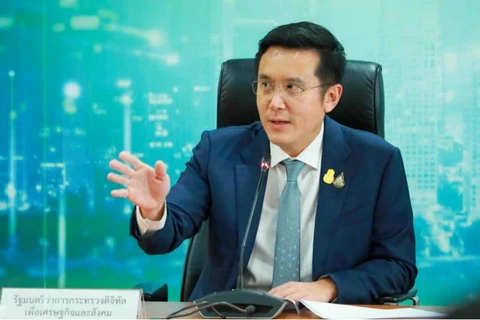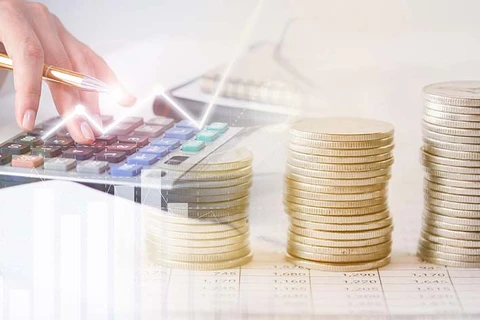Minister of Labour Suchart Chomklin said he instructed Director General of the Department of Employment Phairoj Chotikasatien to take legal action against those accused of luring people into taking up illegal jobs overseas and help the victims.
Meanwhile, Phairoj said the department is keeping an eye out, both online and offline, to see if people are being invited to work overseas illegally.
The department has also provided information on how people can apply for foreign jobs legally and how they can identify criminals.
He also warned that anybody caught luring people to work overseas illegally can face three to 10 years in prison and/or 60,000 to 200,000 THB ((1.769 - 5.898 USD) in fine.
Anybody advertising jobs overseas with permission can face up to three years in prison and/or a fine of up to 60,000 THB, he added./.
























